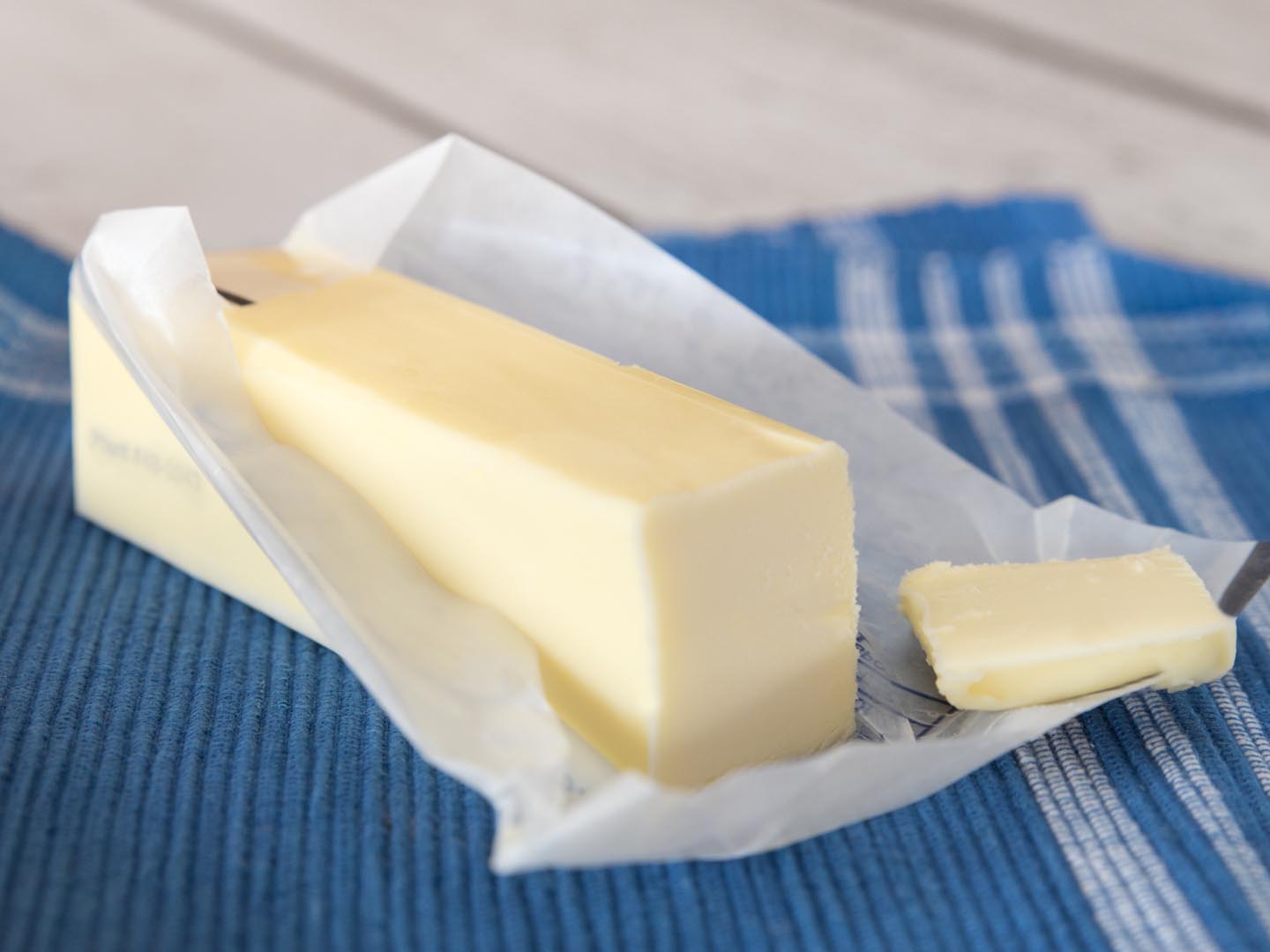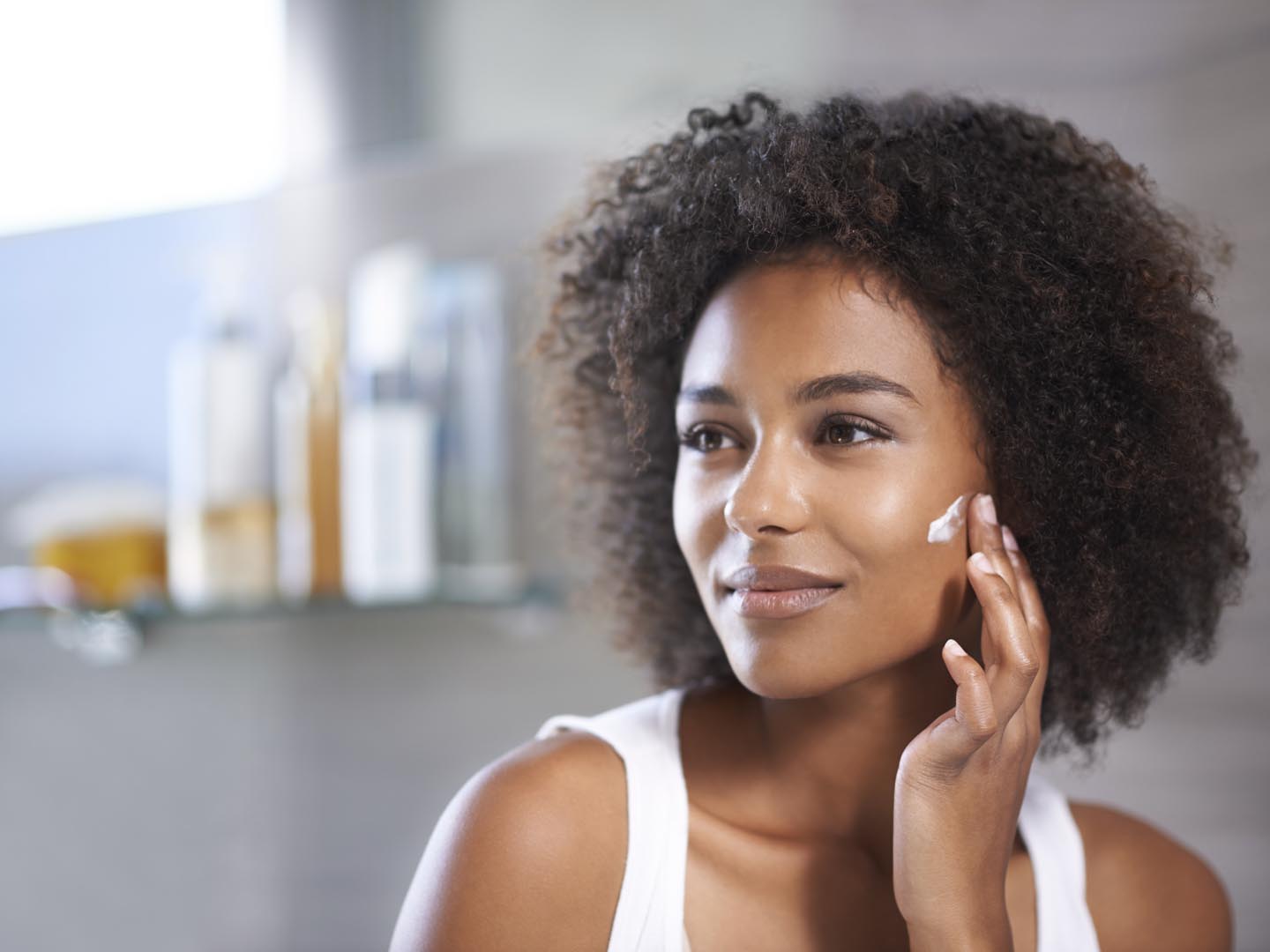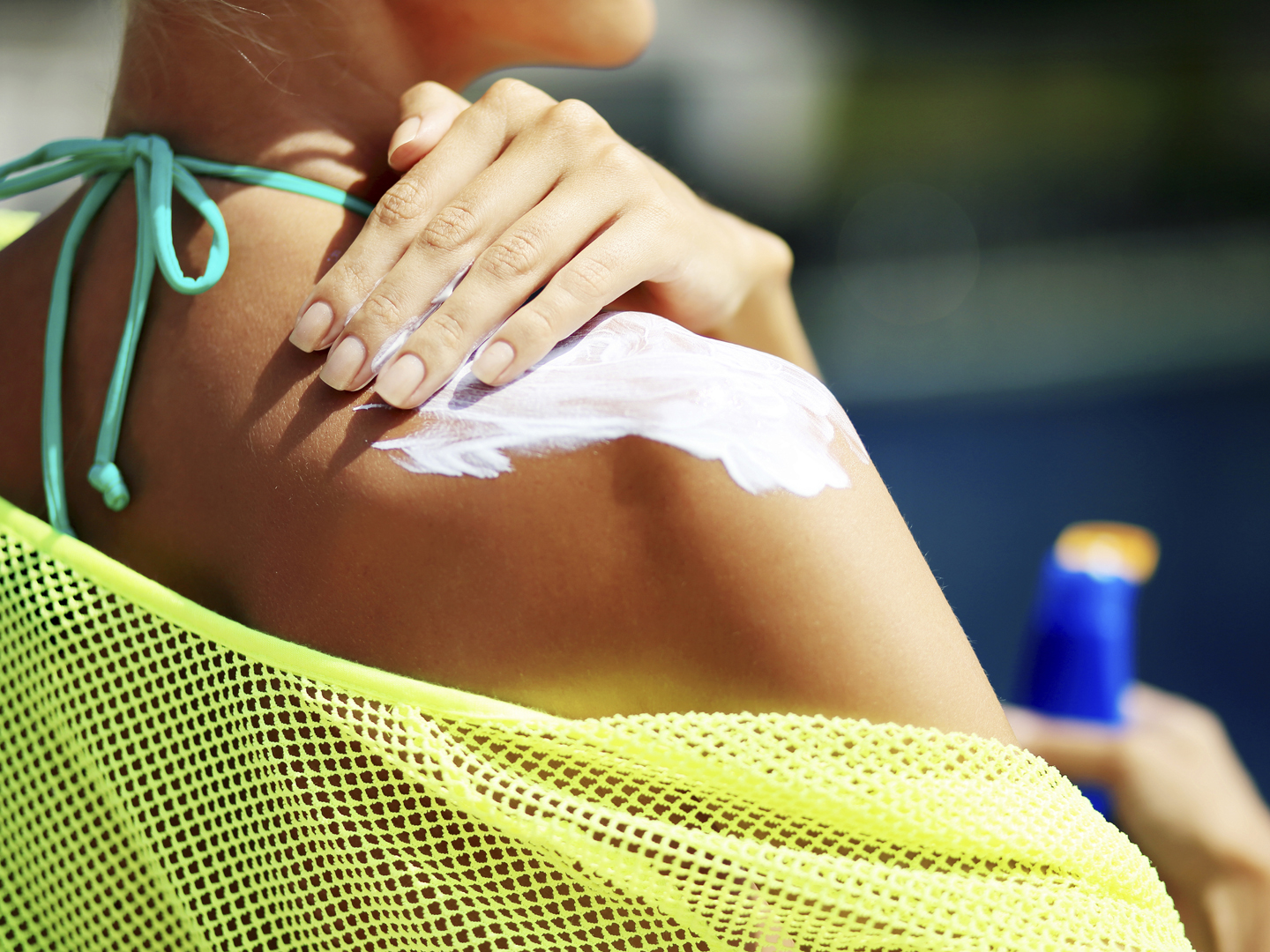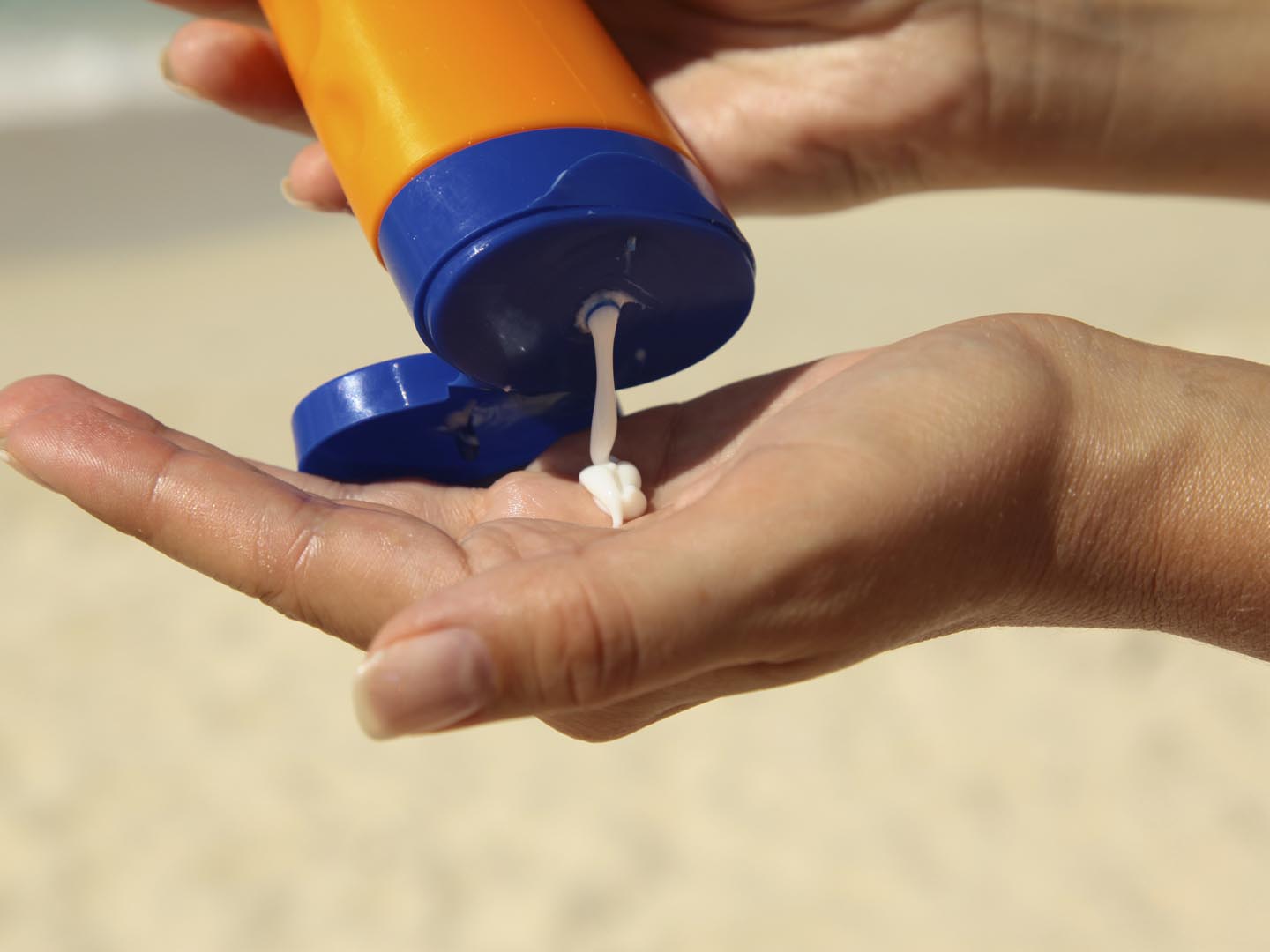Butter for Sunburn?
I remember my grandmother telling me to slather butter on my skin for sunburn because it helps keep the moisture in. Is this an effective treatment? I’ve also heard Earl Grey tea can be used.
Andrew Weil, M.D. | September 27, 2013

I’m afraid your grandmother’s sunburn remedy won’t work. It is one of a number of home remedies that can actually delay healing. The same goes for petroleum jelly. I’ve also read that egg whites, yogurt and oatmeal can help, but I haven’t seen any medical evidence to back that up. Cool tea or tea bags (not Earl Grey specifically) are another widely recommended home remedy for sunburn, and you will find many testimonials to their effectiveness online, including some from Martha Stewart.
My personal favorite remedy for sunburn is the healing gel of aloe vera – straight from the fresh leaves of the plant. Of course, you’ll need an aloe vera plant handy. (I recommend keeping one in your kitchen to have available in case of an accidental injury or burn.) Cut off a lower leaf and split it lengthwise, score the gel with the point of your knife and apply it directly to the burn. It will soon soak into the skin and provide immediate soothing relief. You can also use pre-packaged aloe products, but be warned that some commercial products that boast of their aloe content have too little of it to do your skin much good. Read labels carefully to determine the percentage of aloe gel in the formula.
Although tea bags are a bit small, it is a good idea to apply cold compresses to your sunburn – this will cool down your skin and make you more comfortable. Use a washcloth or small towel soaked in cold water (or tea). Your main concern when dealing with sunburn is to keep your skin cool, so don’t take a hot shower or wash with hot water. Over-the-counter corticosteroid creams probably won’t help, and covering large areas of skin with these products can cause problems including headache, indigestion, and increased risk of infection. If you have pain, take an over-the-counter pain reliever that provides anti-inflammatory effects such as ibuprofen (Motrin, Advil) or naproxen (Aleve).
You can save yourself the trouble of coping with sunburn by following these recommendations:
- Don’t bask on the beach, at least not when the sun is at a high angle in the sky. The worst times to be in the sun are from about 10 a.m. to 2 p.m. Sand and water can reflect extra sunlight, so be extra careful there.
- Wear a hat with about four inches of tight-weave brim providing shade all around. Hats made from sun-protective fabric are even better.
- Get a good pair of sunglasses that will block at least 99 percent of UVA and UVB radiation, the wavelengths of sunlight that damage the skin and promote cancer.
- Wear lightweight long pants or a skirt. Cover up extra-sensitive areas, such as your shoulders and chest. Thin T-shirts let in quite a bit of radiation, so wear tightly woven ones.
- Choose sunscreens that offer “broad spectrum” protection – that means it will block UVB rays and some UVA. Look for zinc oxide, titanium dioxide, and Parsol 1789 among the ingredients.
- Buy sunscreen with a minimum SPF of 15. This will block about 93 percent of UVB rays. Higher SPF numbers won’t necessarily give you that much greater protection, but tend to remain effective longer.
Andrew Weil, M.D.









